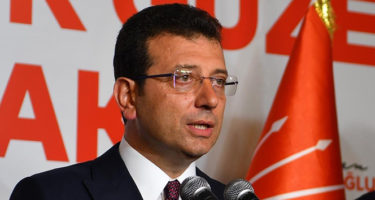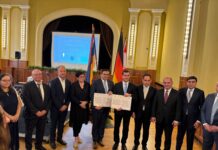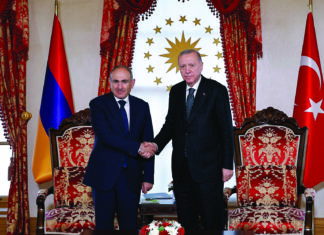ISTANBUL (New York Times) — President Recep Tayyip Erdogan of Turkey suffered the biggest defeat of his political career on Sunday, June 23, as his candidate for Istanbul mayor conceded defeat in a repeat election.
The result wrests control over Turkey’s largest city from Erdogan and ends his party’s 25-year dominance there. Opponents say such a loss cracks the president’s aura of invincibility, showing that his grip on power after 16 years is weakening.
The defeat also puts Erdogan in a diminished position at a time of tense relations with the United States and other countries as he heads to the Group of 20 summit meeting this week, where he is planning to have talks on the sidelines with President Trump to address various disagreements.
Two hours after polls closed, Erdogan’s preferred candidate, Binali Yildirim, conceded defeat on national television. Erdogan acknowledged the result an hour later.
“The national will was manifested today one more time,” the Turkish president said on Twitter. Referring to the opposition candidate, he wrote, “I congratulate Ekrem Imamoglu, who won the election, according to unofficial results.”








